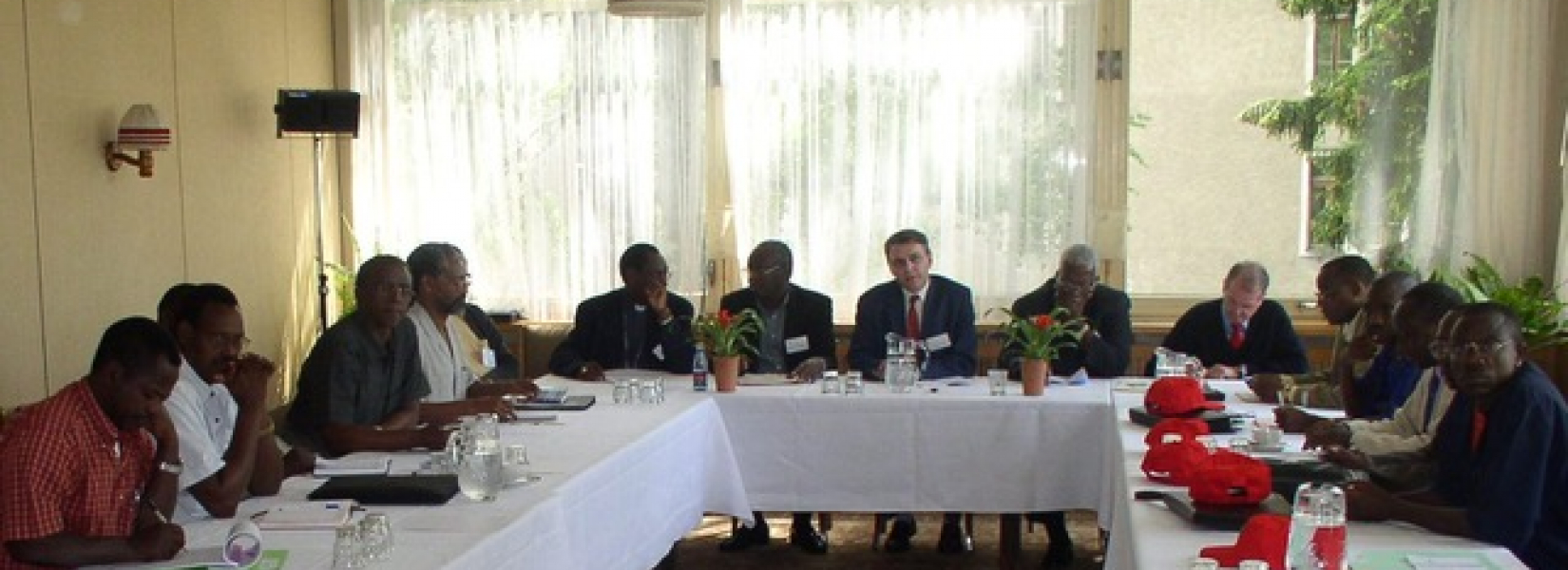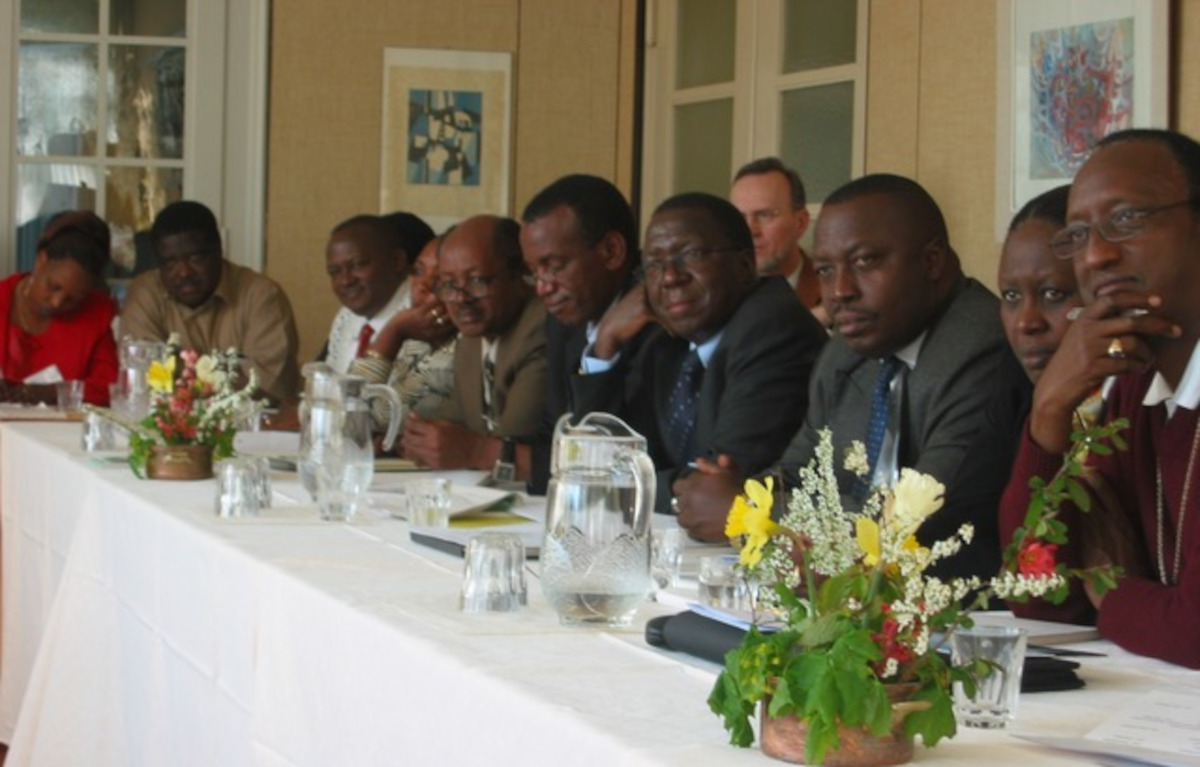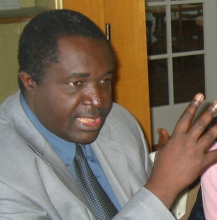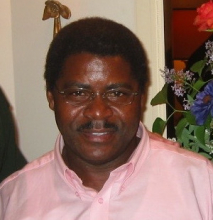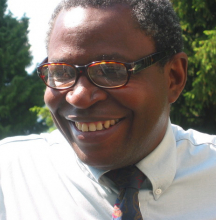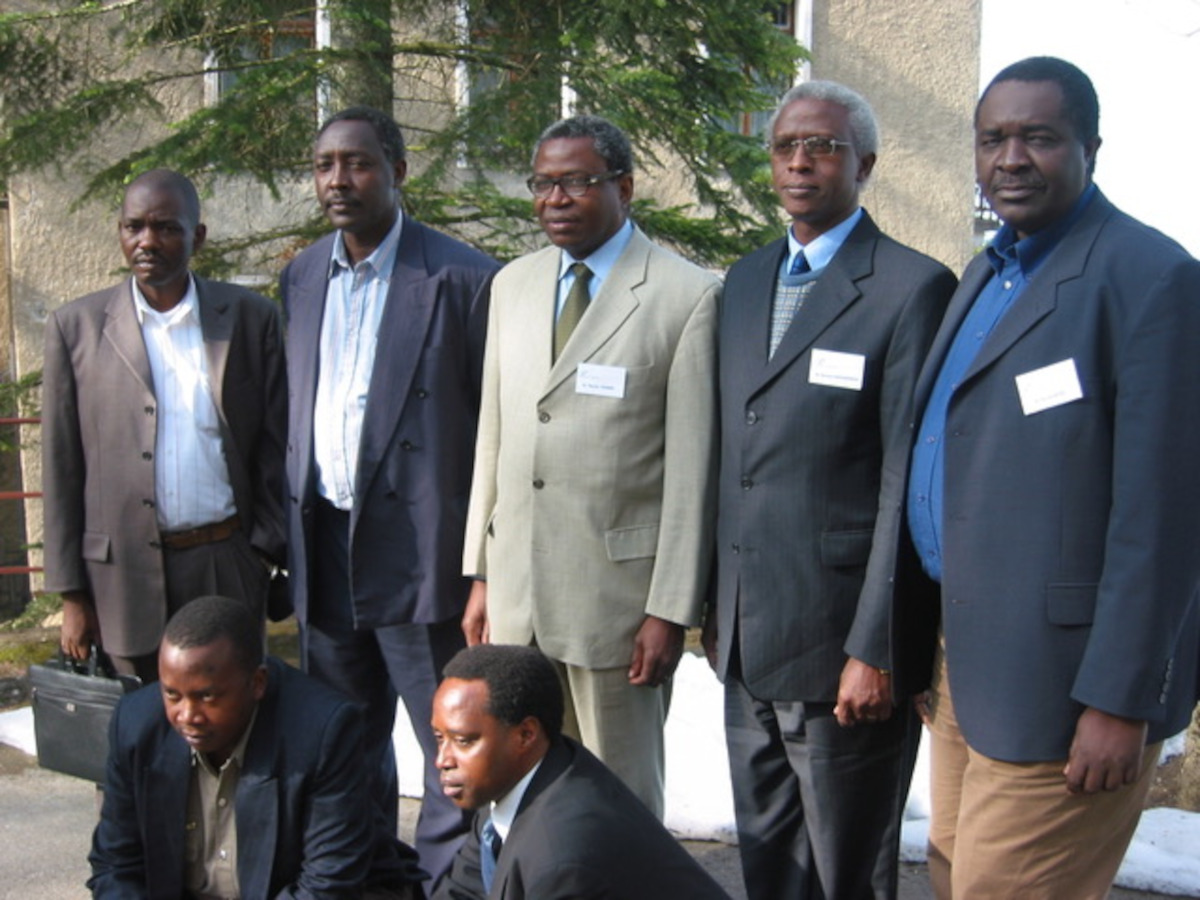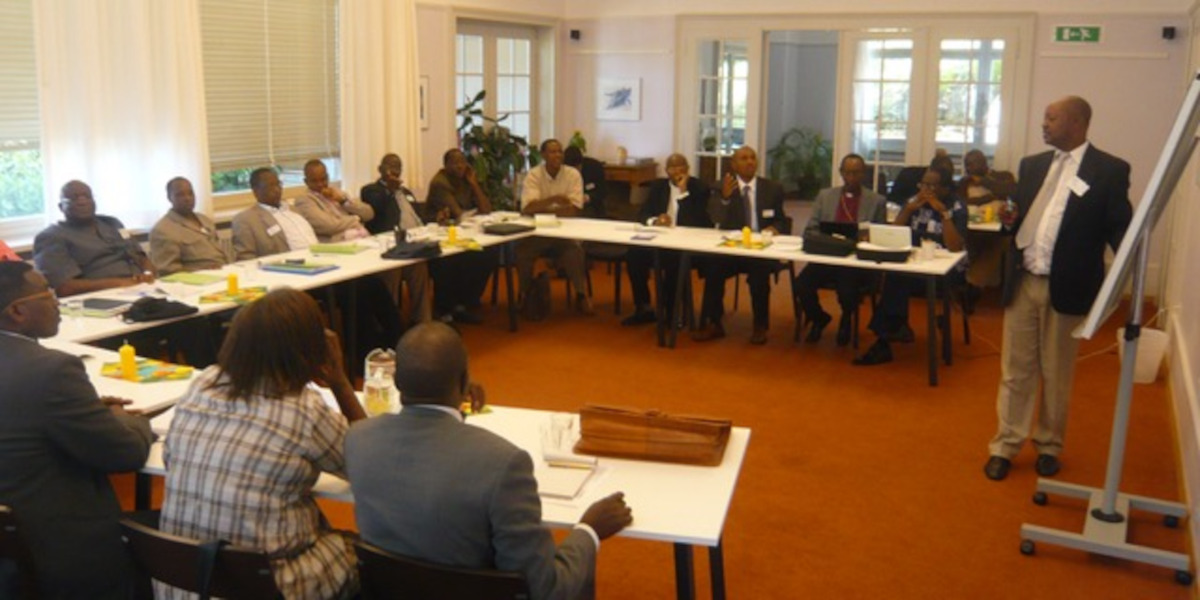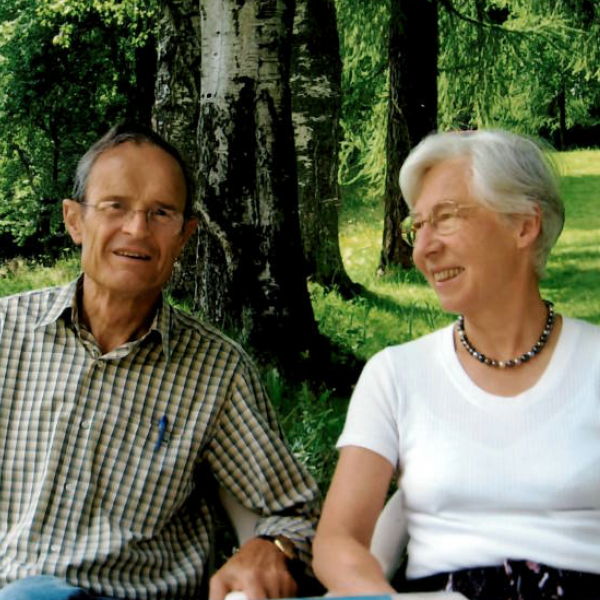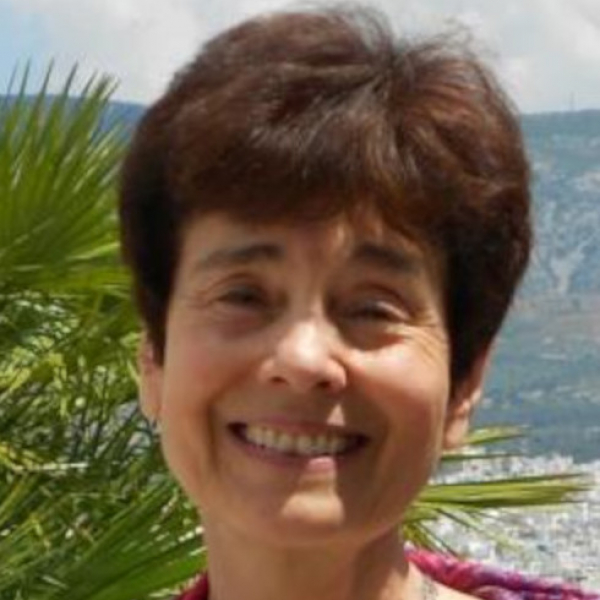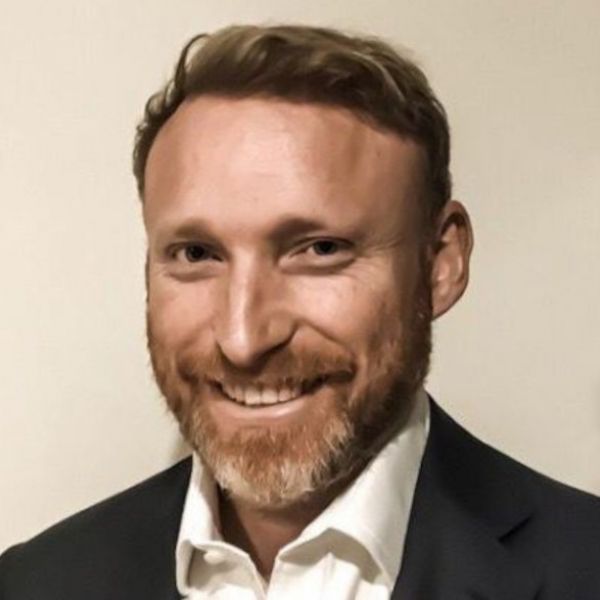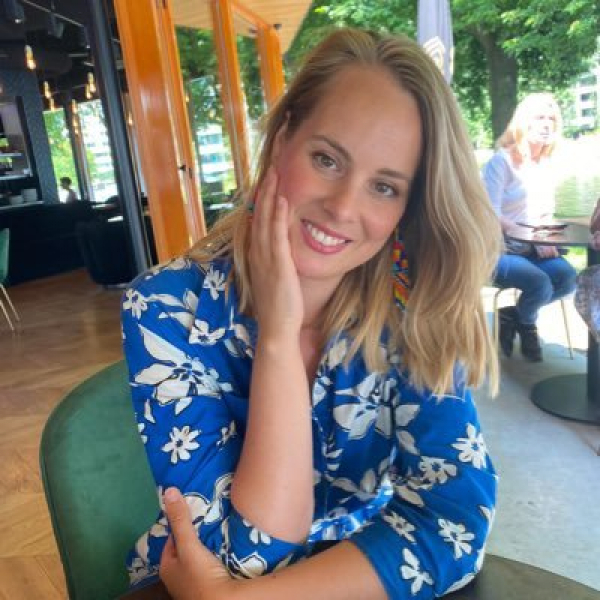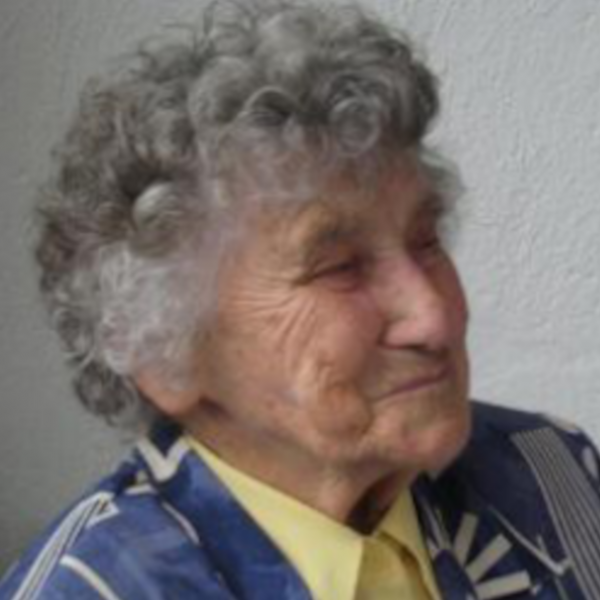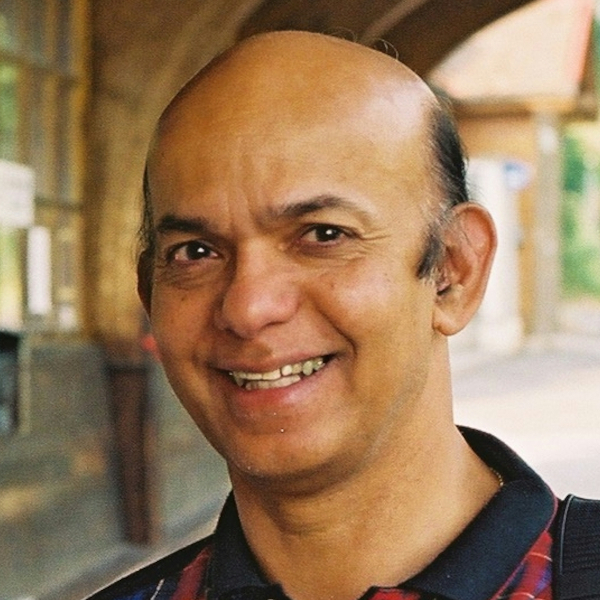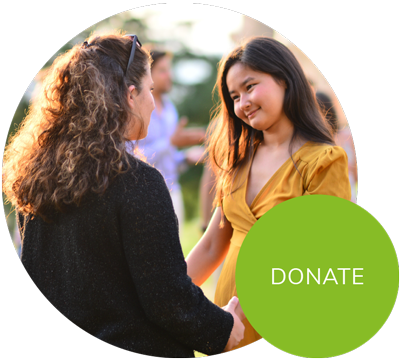
2003 : Burundi – Ten years of political dialogue
By Frédéric Chavanne
05/11/2021
Between 2003 and 2013, Caux was the scene of seven political dialogues between deeply divided Burundian leaders. They brought together representatives of political parties and armed rebel movements, former presidents of the Republic, religious leaders and civil society activists. These meetings were confidential and discrete, often outside the main summer conference season.
The objective of these gatherings was to free Burundi from civil war – and to do this by preparing minds, bringing people together. This involved inspiring people to examine their motivation and attitudes, heal the wounds of the past, free themselves from their fears, and show their own vulnerability. The facilitators did not propose solutions or even dialogue but instead sought with the protagonists what to do to bring about lasting solutions.
These round tables and seminars were the culmination of a long process which began in 2000. Their architects were Thomas Ntambu and Michel Kipoké from the Democratic Republic of Congo and Bonaventure Nkeshimana from Burundi. Patiently and methodically, they met one-to-one with people from the different sides of the political spectrum and built up relationships of trust.
Thomas Ntambu was a former military officer, who had been part of a politico-military group that aimed to overthrow the Mobutu dictatorship, a lawyer, and now an expert in the consolidation of peace. After his meeting with Initiatives of Change (IofC) he said of the rebels, ‘We had the same problems in our ranks as those we were denouncing: dreams of power, villas, luxurious cars, women.’ He understood that without a change in behaviour, any revolution would be disappointing. He found the hope that people can change.
Michel Kipoké, a lawyer, was much sought after by major media outlets for his debating skills. He said that it was within IofC that he learned to listen. ‘The most important thing is not what we have to say to our partners, but what they have to say to us,’ he said. ‘With listening, benevolence and humility about one’s own limitations, a new state of mind is instilled.’ He liked to say, ‘Caux does not solve problems, but it creates the atmosphere that allows them to be solved.’
The most important thing is not what we have to say to our partners, but what they have to say to us.
Bonaventure Nkeshimana, former mayor of a Hutu neighbourhood in Bujumbura, the capital of Burundi, was the contact man with all the stakeholders.
Aldo Ajello, the European Union representative for the Great Lakes region, came to meet the Burundian delegates at the first round table in March 2003. At the end, he spoke of ‘the miracle of Caux’. In his report, he stated that ‘the colloquium organized by IofC has clearly succeeded in breaking the ice between the Burundian warring parties’.
In the spring of 2003, two leaders of the armed rebel movement CNDD-FDD said that their presence at the round table in Caux had been decisive in enabling them to emerge from armed conflict and re-enter the political process.
Caux does not solve problems, but it creates the atmosphere that allows them to be solved.
In June 2003, another round table was organized to continue the dialogue between the Burundian government and the Palipehutu-FNL, the most radical rebel movement still active on the ground (see photo at the top, with government and army representatives on the left and the delegation of the rebel movement on the right, with red caps in front of them).
It then took more than three years of support for the Palipehutu-FNL leaders to help them break out of their logic of war. In September 2006, they signed a ceasefire agreement.
In its October 2012 report on the situation in Burundi, the well-known International Crisis Group noted that the round table in Caux that year had made it possible to lay ‘the foundations for dialogue between the opposition and the ruling party’.
The Swiss Federal Department of Foreign Affairs provided most of the funding for this work of accompaniment and for the round tables.
Read more on the peacebuilding process
_________________________________________________________________________________________________________________________________
This story is part of our series 75 Years of Stories about individuals who found new direction and inspiration through Caux, one for each year from 1946 to 2021. If you know a story appropriate for this series, please do pass on your ideas by email to John Bond or Yara Zhgeib. If you would like to know more about the early years of Initiatives of Change and the conference centre in Caux please click here and visit the platform For A New World.
- Photos: Frédéric Chavanne (photo top: Round Table June 2003)
- Peace Mission in the Democratic Republic of Congo, by Frédéric Chavanne, For a Change (Vol 10, Nr 2), 2007
